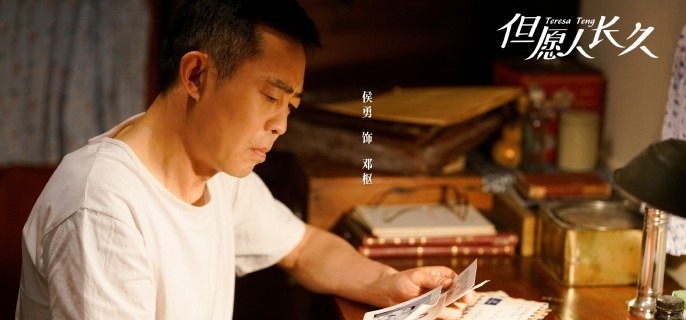In the emotional journey of Teresa Teng, Deng Shu’s decision to allow his daughter to pursue her passion for singing becomes a pivotal moment. This heartwarming development unfolds after a series of heartfelt exchanges within the family, showcasing the power of understanding and empathy.
A Family’s Struggle and a Brother’s Plea
The story begins with Deng Shu’s daughter feeling devastated after being denied the opportunity to sing. In a moment of despair, she tears up her notebook, a symbol of her dreams, only to be stopped by her compassionate third brother. Witnessing her anguish, he retrieves the torn notebook and takes it to their parents, fervently explaining how much singing means to his sister. With tears in his eyes, he pleads with Deng Shu to reconsider, promising to continue his own academic pursuits and uphold the family’s honor.
This heartfelt plea marks a turning point. Deng Shu, moved by his son’s sincerity and his daughter’s passion, begins to observe his daughter more closely. He notices her standing outside the record store during her breaks, listening to songs with a longing gaze. He sees her admiring promotional photos of Li Yan, a popular singer, and realizes the depth of her aspiration.
Setting the Stage for a Dream
Deng Shu’s newfound understanding leads him to a remarkable gesture. He sets up a stage in their store, a tangible sign of his support for his daughter’s dreams. When she returns and sees the stage, her tears of joy reflect the culmination of her struggles and the beginning of a new chapter. Deng Shu’s decision is clear: he will no longer hold her back. She is free to sing as many songs as her heart desires.
Meanwhile, Zhou Taisheng, studying in the United States, continues to connect with his Chinese heritage. He learns Chinese in his spare time and even asks the Chinese owner of a restaurant about the meaning of “Yun,” a name significant to the story. This subplot beautifully ties in with the main narrative, emphasizing the importance of cultural roots and personal identity.
